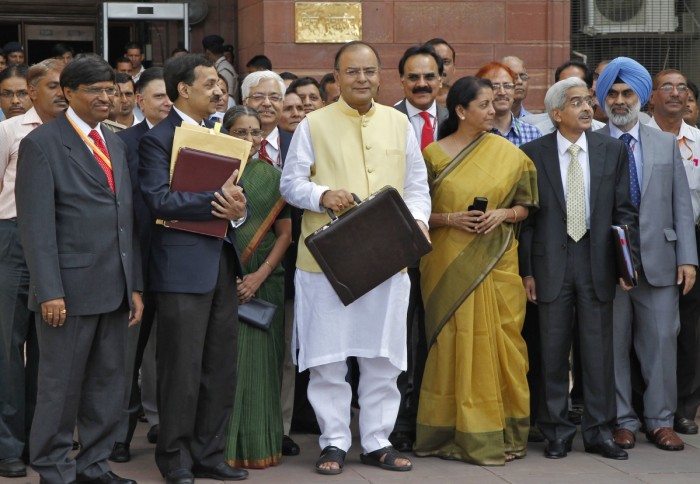[Continued from previous post]
(11) Keep you informed
In good times and bad, your financial advisor will keep you informed of how market moves are affecting you and your portfolio and strategy. He or she will also let you know about important events that may affect your investments – including elections, global unrest, changes in tax rules etc. You have more important things to worry about than the state of your portfolio at any given time, but your financial advisor does not.
(12) Teach your family basic concepts
You can't do it alone. If your family is not on board with the plan – it will be more difficult for you to reach your goals. Your advisor should be able to explain basic concepts to your children so that they understand how to manage their money and your money. Good habits are best when begun early. And bad habits should never be allowed time to take hold.
(13) Plan for your future
As your circumstances change you will need to update the way your finances are planned. Your financial advisor should do this for you – make sure you are in the best shape to take the next step on your financial journey – from single to married to parents to new jobs, no jobs and even grandparents and retirement.
(14) Offer you special investment opportunities
Sometimes a financial advisor can offer investment opportunities which are not available to the general public. Those will be opportunities that you know will be appropriate to you and your circumstances. And you can rest easy that the offer will be made in your best interests. As a registered advisor – the code of ethics – bind your advisor to make sure that your interests are served before his own.
(15) Connect you with experts
Your advisor is a professional and is connected to a range of other professionals and specialists to refer you to for your various requirements. This might include a lawyer, an accountant or other. The advisor can also work with your existing professional relationships if you already have an accountant or a lawyer. The idea is they all work together and make sound decisions that will make your financial strategy more seamless to manage.
[Inspired and in part taken from JAS Wealth’s eBook of the same name]



